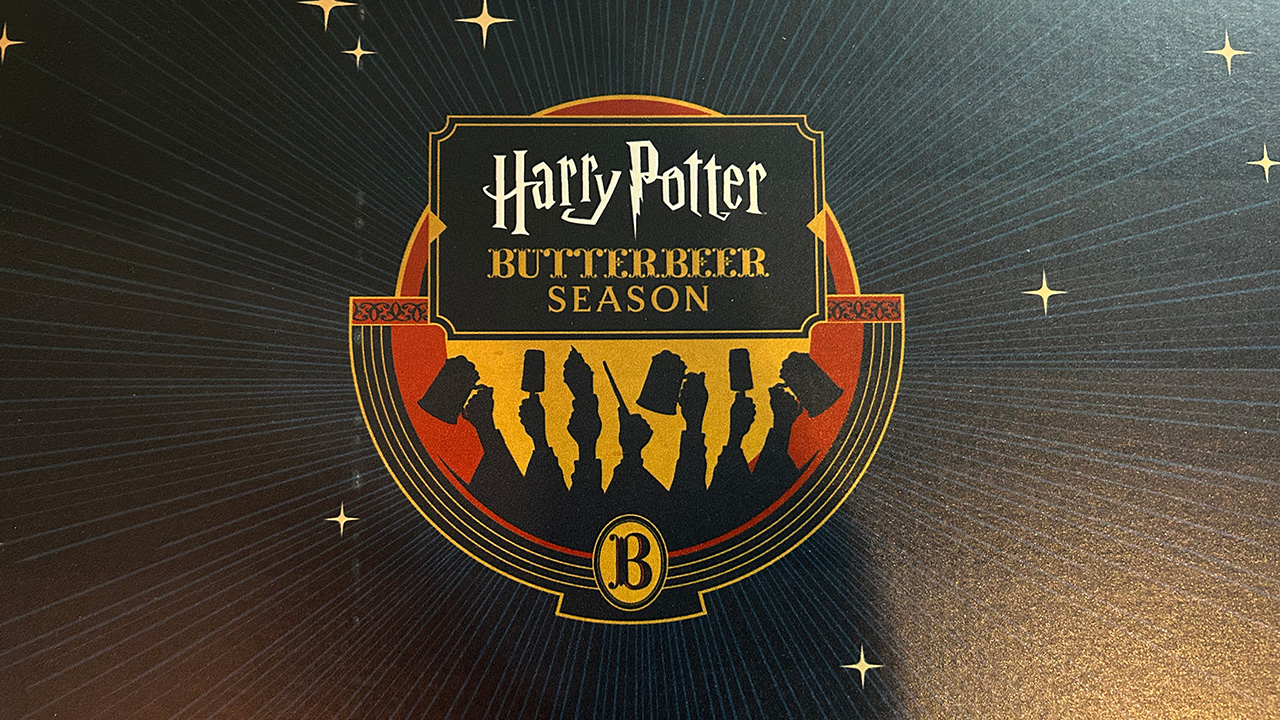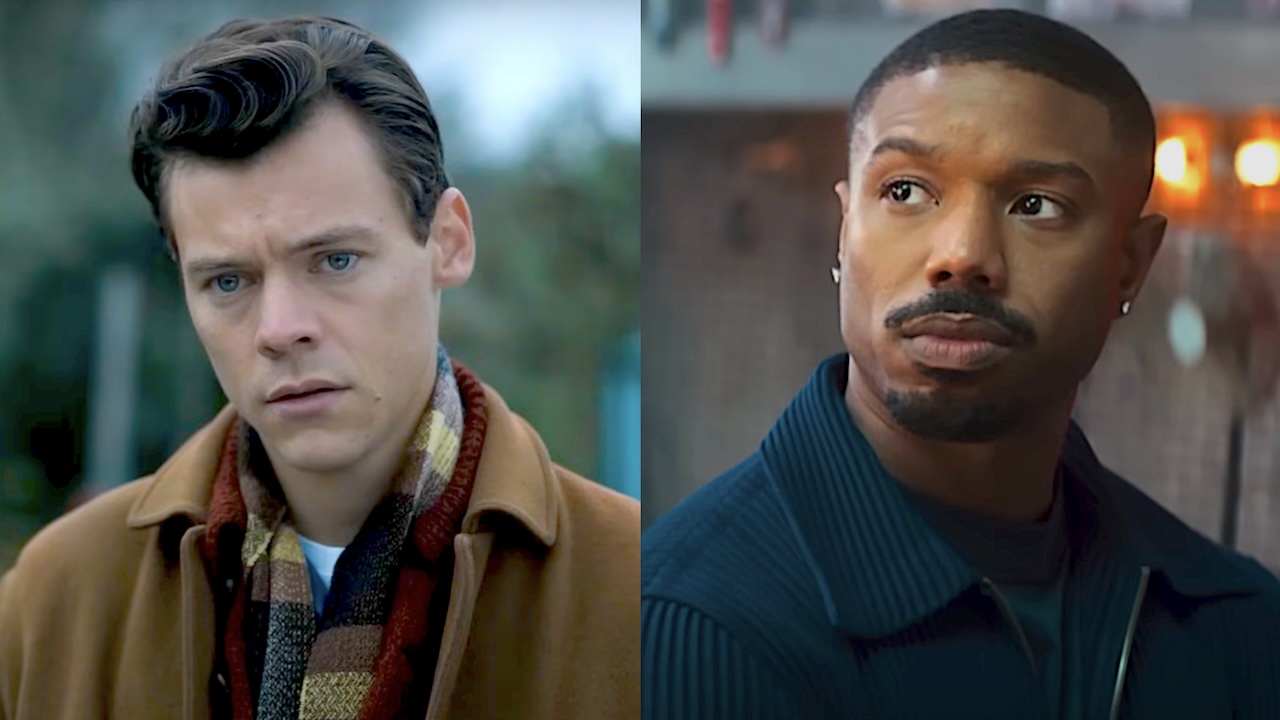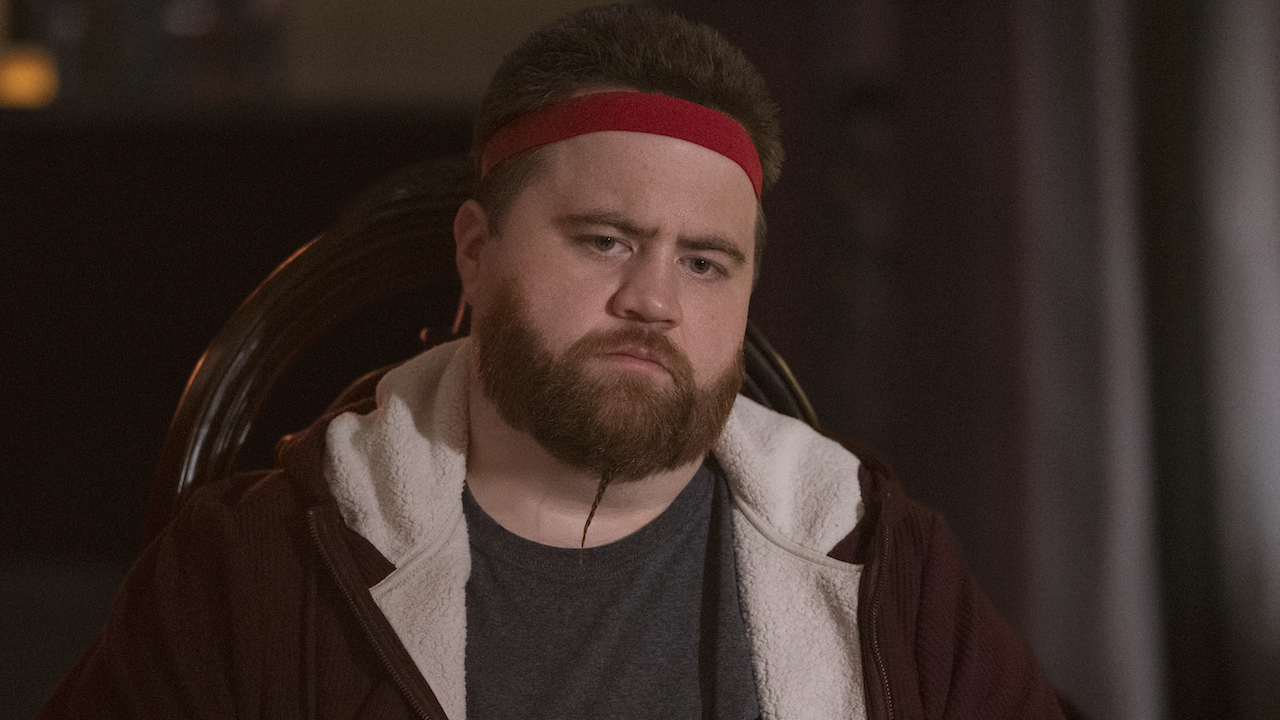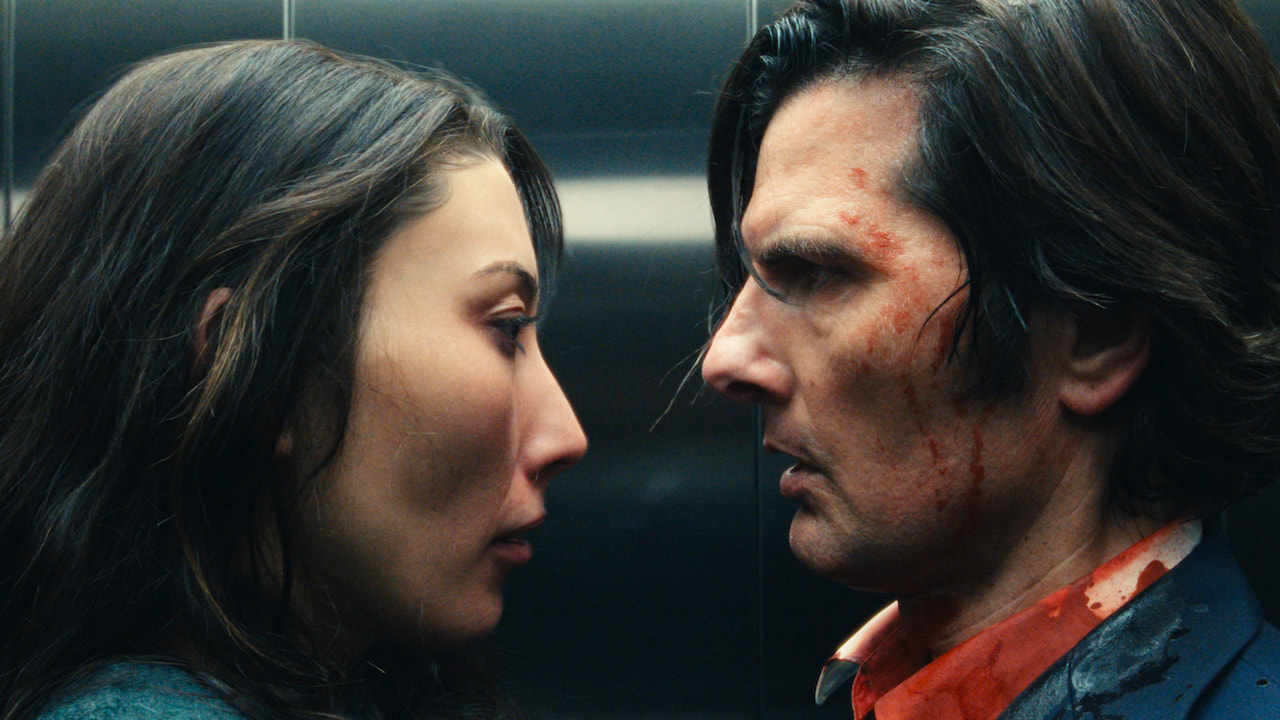Meet The Only Two People Who Hate Toy Story 3
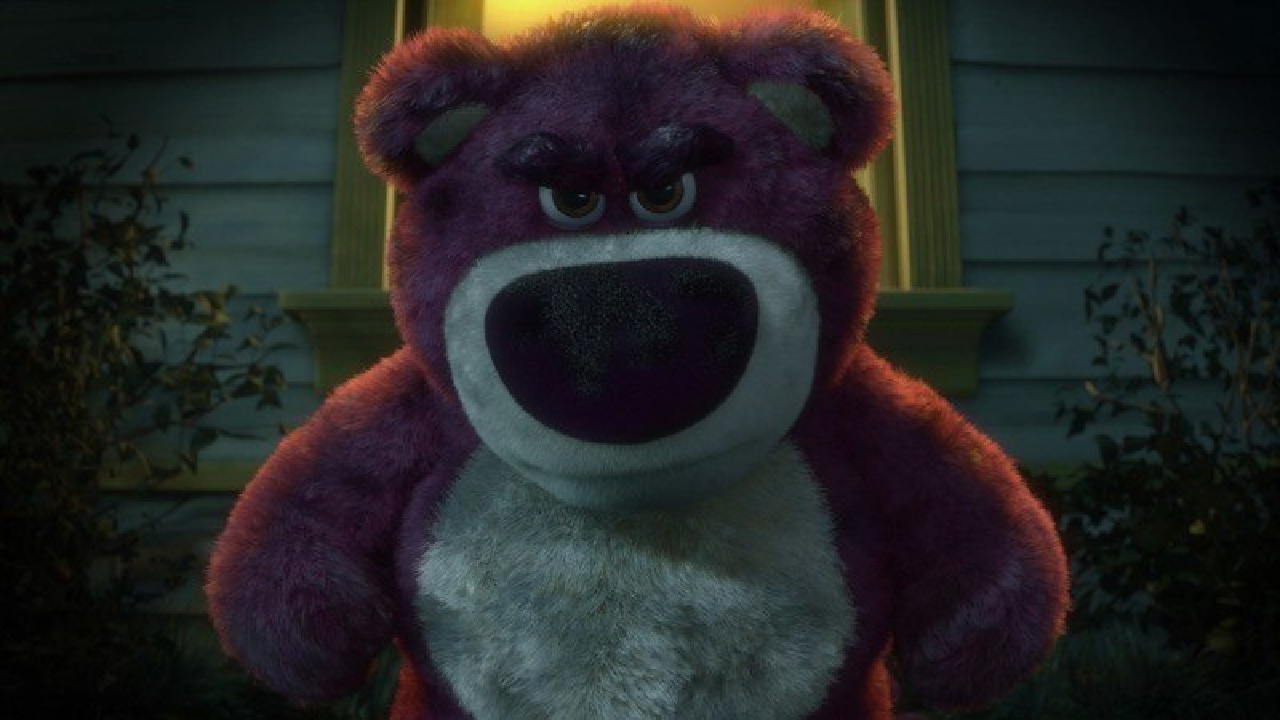
Film is subjective and that means that even though a group of people might watch the same movie, they’ll have different opinions on what they just watched. And most of the time, all of those are opinions are valid. It’s impossible for an opinion to be wrong. Most of the time. Sometimes though, something is so self-evident that it moves beyond opinion. When everyone in the world gets together and agrees that yes, this is really good, that one lone voice standing in the corner and shouting the opposite isn’t just a different opinion, it’s a wrong opinion.
Until a few hours ago, Toy Story 3 had a 100% fresh rating on the review compiler Rotten Tomatoes. It’s a feat almost never accomplished by modern movies. The few other films to carry the 100% fresh rating all pre-date the modern era or they were reviewed by a small handful of critics, usually fewer than forty or fifty. Yet with more than 130 reviews in, Toy Story 3 had a 100% fresh rating. Enter two assholes.
Their names are Armond White and Cole Smithey, and they’re the only two critics in the world who hate Toy Story 3. Thanks to them, and only them, Toy Story 3 now has a 99% fresh rating on RT. And they’re wrong. Flat out wrong.
Armond attempts to justify his hatred by accusing you, and everyone else who loves the Toy Story movies of being brainwashed. He slanders Toy Story 3 as being one big advertisement, overwhelmed by ridiculous amounts of product placement. This actually isn’t an opinion, it’s an accusation, and it’s the entire point of his review. One problem: It’s untrue.
White would have you believe that simply using a Barbie doll in your movie means you’ve sold out to some corporation. But if that were what Pixar was doing, they’d have used the latest Barbie and decked her out in all the latest outfits to dazzle viewers into running out and buying one. But this Barbie is frumpy, her wardrobe is outdated, and she’s clearly trapped in the 80s. Instead what Toy Story has done, and has always done, is use something specific. They could have thrown in some random Barbie-like doll, but you’d have been distracted by it and left wondering why they didn’t use the real thing. Instead they use Barbie and in the process make an instant connection between your memories of playing with that specific toy and what’s going on in the film. It’s your window into their world. It’s not product-placement, it’s good storytelling.
Armond White’s review is full of hatred, unfounded accusations, and condescension. It rails against anything which is popular and begs people to watch obscure movies instead, just because they’re obscure. He actually thinks Small Soldiers is better than anything Pixar has to offer, and that’s not just a bad opinion, it’s insanity.
A look back at Armond’s past reviews reveals that he’s not someone who should be allowed to review movies. He’s more a negative film critic stereotype than an actual reviewer. He’s the kind of guy that’s getting fired from newspapers in droves, and no one seems to miss them. This is a man who hated Avatar and Up in the Air, but loved The Losers and From Paris With Love. His review record indicates that he’s a contrarian. If everyone else likes it, he hates it. If everyone else hates it, he likes it. If it’s an obscure indie movie nobody cares about, he’s given it a positive review. If it’s a Hollywood blockbuster which most people enjoyed, he thinks it represents the end of modern cinema. This is not someone that anyone should listen to.
CINEMABLEND NEWSLETTER
Your Daily Blend of Entertainment News
Cole Smithey’s review (which I refuse to link to) is slightly more reasonable, but perhaps that’s only because he barely managed to write three paragraphs about the film. His website proclaims him “The Smartest Film Critic in the World”, yet he doesn’t seem to have anything to say. He’s writing one of the only negative reviews of one of the most universally loved movies of all time, yet he can barely come up with three small paragraphs to justify his position. Scratch that, two paragraphs. One of them is devoted entirely to plot synopsis. He seems less interested in the film than he is in ancillary issues. He spends most of his review complaining about the film’s rating, an issue to take up with the MPAA and no fault of Toy Story 3’s. The closest he comes to a real criticism is in complaining about how much money the movie cost to make.
Yet Cole Smithey loves Marmaduke of all things and didn’t seem to be bothered by its bloated budget. And he loves Shrek Forever After, which cost as much to make as Toy Story 3 but had less to say. He managed four paragraphs about that one. Look through his resume and you’ll find yourself asking this question: Did Cole Smithey really hate Toy Story 3, or did he like the traffic hating it would bring to his website? He is, after all, the Smartest Film Critic in the World.
It’s not their hatred of Toy Story 3 that’s so galling, it’s their utter failure in amongst that hatred, to come up with even one relevant criticism of the film. Neither of them really ever discuss the movie itself, they’re too busy stroking their own egos or attacking the world which refuses to think like them. White is obsessed with product placement, which doesn’t exist. Smithey seems only concerned with production budgets. It’s suspicious that they’ve waited until the last minute to publish their reviews. Rotten Tomatoes orders review links based on when they’re posted. So the longer you wait to publish your review, the more likely it is that it’ll be at the top and viewed by thousands. What does it mean when the only two negative reviews of a film are intentionally posted late? To me it says someone’s gaming the system.
But whether they actually hate Toy Story 3 or they’re simply pretending to hate it in a callous bid to inflate their Analytics, it seems clear that Smithey and White are flat out wrong. Their reviews are built on hate, not real film criticism. They rail against anyone who likes it, happily sitting alone on their bitter, hate-filled island. An island of wrong. Hundreds of film critics have proclaimed their love for Toy Story over the course of three movies and the two baldies who hate it can’t really tell us why. Most of the time film is subjective. This time it’s not.



